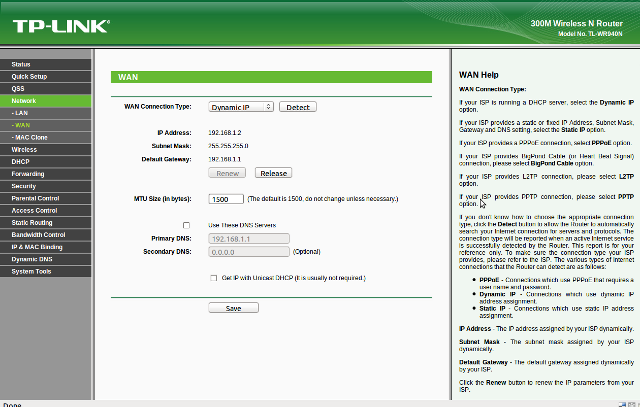Many network-enabled embedded devices do not have displays and configuration must be done via a webpage. This is the case for modems and routers and possibly for IP cameras, networked printers… With a web server, there is no need to develop specific drivers and/or applications for computers connected to the device. You just need to write HTML/Javascript pages and possibly CGI scripts. I’ve already posted a blog post about mathopd for ARM no-mmu targets as this HTTP server is ideal for uCLinux since it does not fork. Today, I’ll list some other HTTP servers that may also be used with embedded processors. Tiny/Turbo/Throttling HTTP server thttpd is a lightweight HTTP server implementing the HTTP/1.1 (minimum) and simple to configure and run. Its executable size is 88K. The description says it does not fork, but fork is called in the source code, so I do not know what that means… It’s […]
HTTP Server for uCLinux
You may need a web server on your no-MMU embedded system in order to allow remote configuration or possibly provide external access to some files. Usually, you’ll need a lightweight webserver (e.g. not Apache) with the required features and in case of no-mmu system, source that can accommodates uClinux limitations such as no fork support. You’ll also take into account the programming language or the server: e.g. C/C++. Java, Ruby, Perl… If your system does not support Java or Perl for example, that may not be the best solution to add one of those only for the web server and it also depends on the resources (Flash/RAM) available. There are plenty of C/C++ lightweight http servers such as thttpd or lighttpd, however those are using fork in their code. One open source http server that is lightweight and uses vfork (instead of fork) is mathopd. At the time of writing, […]




